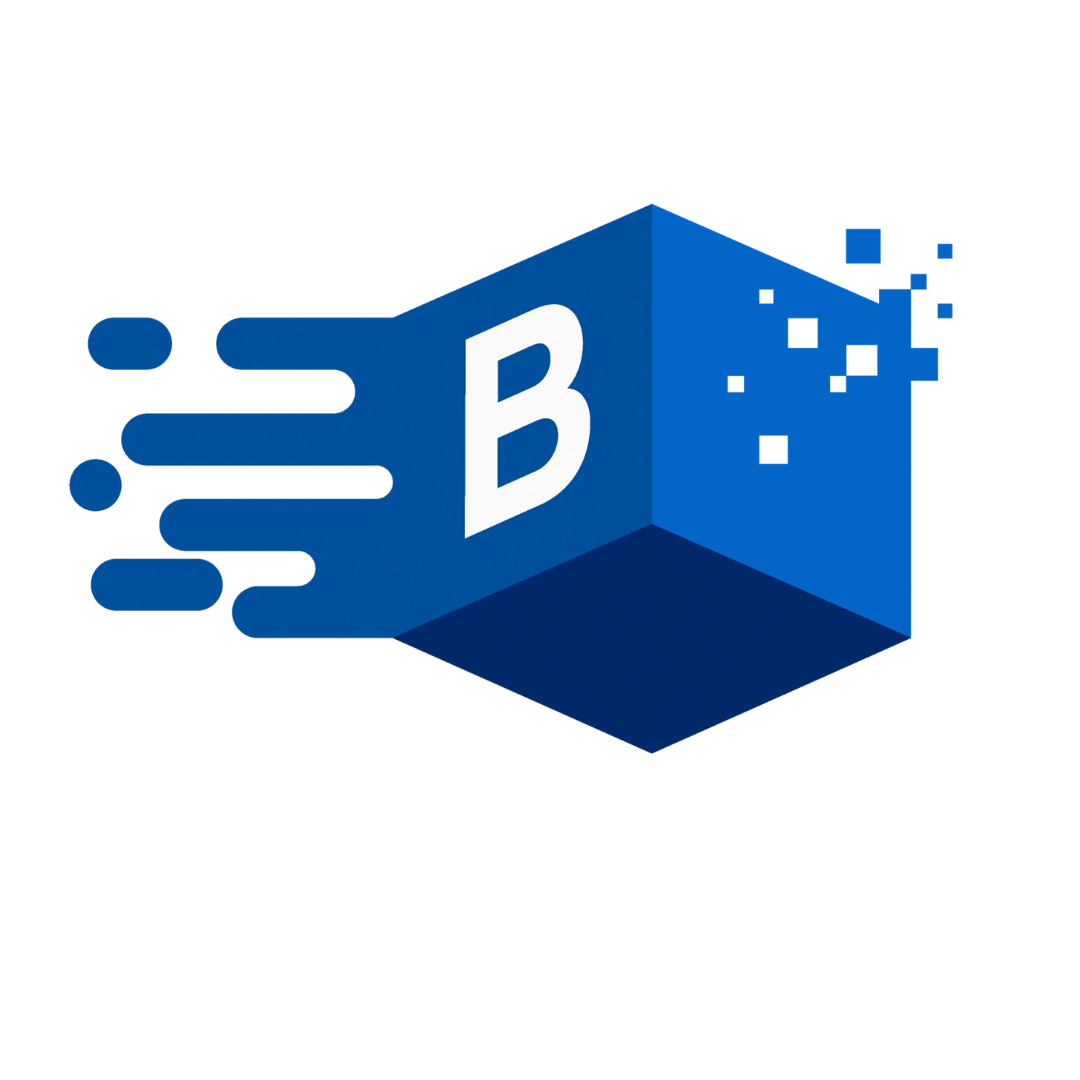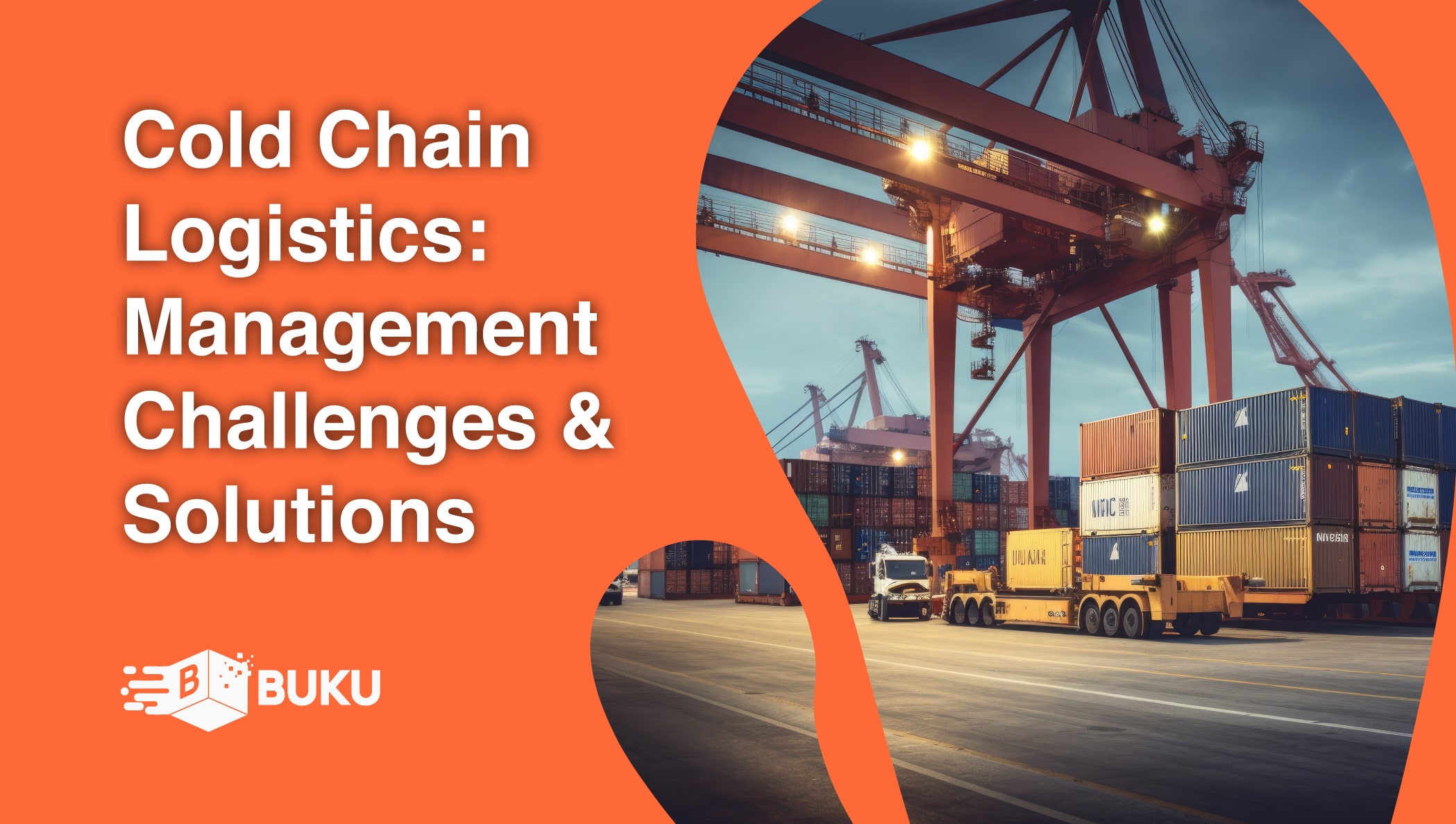Cold Chain Logistics: Management Challenges & Solutions
The supply chain is a term used to describe all the components required to transport goods from beginning to end, from production to the end...
2 min read
 BUKU Marketing
:
Feb 2, 2022 9:19:00 AM
BUKU Marketing
:
Feb 2, 2022 9:19:00 AM
.png)
Cross-border shipping can be a daunting thing. Sellers are confident in their home country, they know the market, regulations, and fees. But the rules and regulations of other countries? A completely different ballgame.
Don’t worry, if you’re new to the international shipping game, BUKU’s got you covered. Our team of experts has compiled a go-to list to make international shipping easy for a new seller.
For each country your company expands into, there will also be rules that pop up. Verify that your product is compliant with these regulations. Restrictions are placed on goods that cannot be transported into a country due to concerns of safety. Here is a brief list of commonly restricted items:
This list can change depending on the country you are shipping to. Do some research to find out the do’s and don’ts of your target country!
Customs and duties can be a big hassle when it comes to shipping. Packages without the proper duties paid will be stopped by customs agents and increase shipping time exponentially. Sometimes, a package will go through multiple custom and duty stops depending on the transit route it takes.
As a seller, the most important thing to know about customs and duties is the difference between DDU and DDP. BUKU has an in-depth article on this very topic! Check it out here.
This is a brief summary:
DDU – An abbreviation for “Delivery Duty Unpaid”. It is sometimes called DAP as well. This is when the buyer has all the responsibility to pay duties and customs fees. This typically leads to increased shipping times, due to unpaid fees when entering a new country.
DDP – Stands for “Delivery Duty Paid”. The seller assumes all the duties and customs and takes the responsibility off the consumer. This can make it so your shipments spend less time at country borders. DDP typically leads to quicker shipping times, and happier customers.
Be honest with your international customers that packages will take more time to be received because they are traveling across borders. Be patient and ensure that you have all the correct paperwork and duties paid, to ensure no packages are held up.
Here at BUKU, we know that shipping is all about transparency. Our software, Intellirate, provides clear information to consumers about fulfillment and accurate shipping timeframes. This creates a great customer experience that will lead to more confidence in their purchase, and the brand.
To make it through customs, certain paperwork will need to be completed that clarifies what you are shipping, who it is going to, and why it is entering the country. Most of these documents will be handled by the designated exporter. Some documents, like the Bill of Lading, will be issued through freight carriers to provide them with protection over your shipment.
Here is a brief list of potential forms you will have to research before shipping internationally:
The best way to get your international shipping done effectively is through building relationships with people who are experts in this field. It will save you time, money, and a lot of stress.This is where BUKU comes in. Through our IntelliRate software we make all areas of shipping painless. Our software allows sellers to focus on their expertise, while we take care of all the annoying backend tasks.
With IntelliRate, cart conversion can easily increase through:
BUKU can be the international shipping relationship that expands your company’s global reach. Schedule a demo today to find out more.

The supply chain is a term used to describe all the components required to transport goods from beginning to end, from production to the end...

A smart warehouse is a large building where raw materials and other consumer goods are stored using machines, computers, comprehensive software, and...

Direct-to-consumer (DTC) fulfillment is a strategy that helps brands sell and deliver their products directly to customers more efficiently while...